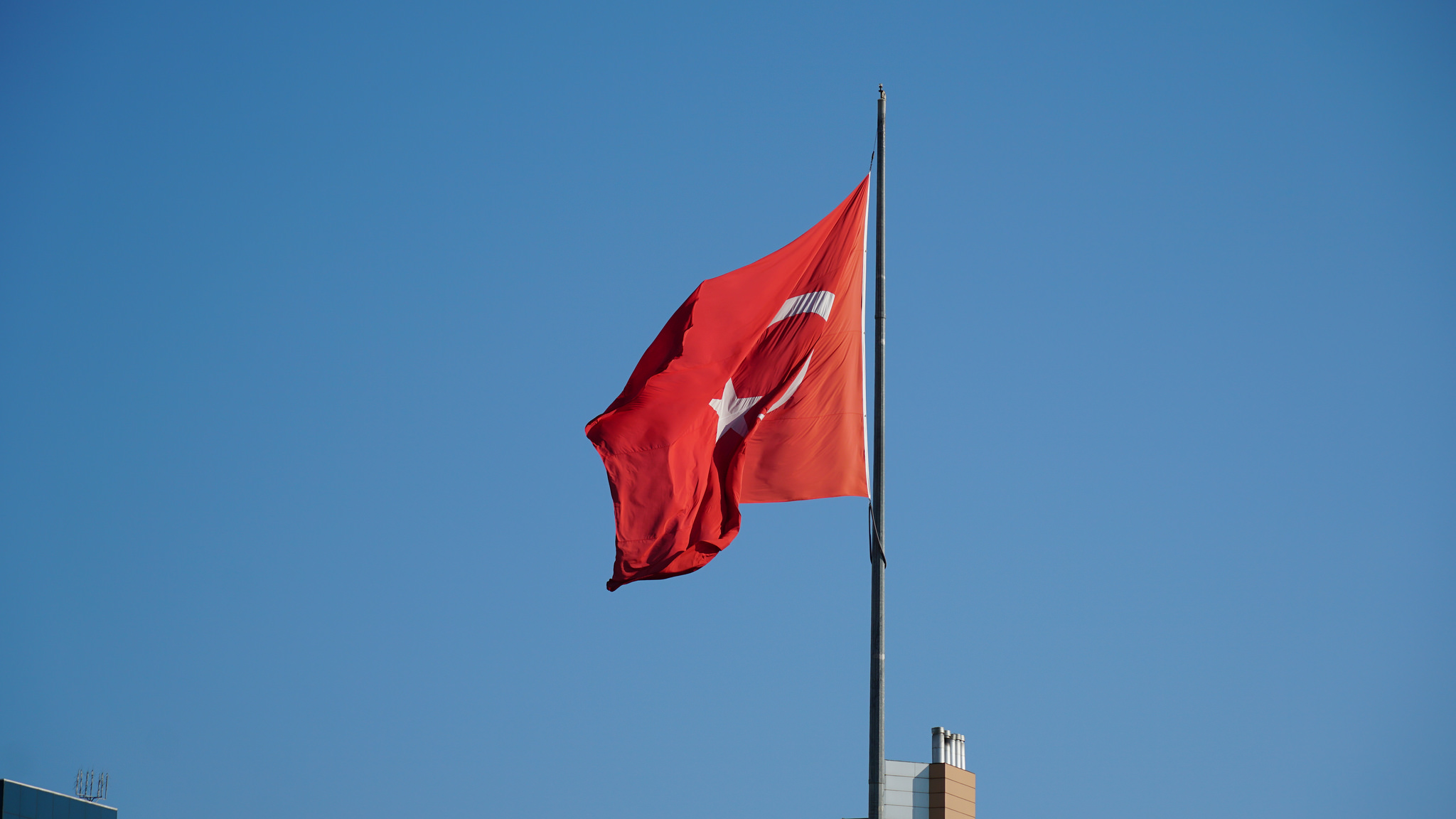In a truly unprecedented development, angry Iraqi Kurds on Saturday, January 26, ransacked one of Turkey’s military bases on their soil in reaction to the continuous Turkish airstrikes on the autonomous Kurdistan region that killed six civilians in the past week alone. These Kurds are fed up of, among other things, having their homeland used as a battlefield in the ongoing conflict between Turkey and the Kurdistan Workers’ Party (PKK) group that operates from the mountains of Iraqi Kurdistan.
What began as a peaceful protest over those six killed civilians turned violent when the unarmed protesters stormed the Turkish base and set parts of it on fire. Local Kurdish Peshmerga soldiers moved in to disperse them but not before two protesters, a 13-year-old boy and a 70-year-old man, lost their lives and 15 more suffered injuries. Turkish Air Force F-16 jet fighter-bombers also flew very low over the area and dropped flares in an attempt to scare them off.
While certainly unprecedented, Saturday’s incident was in many ways inevitable. The protests broke out in Sheladize in the Amedi region in Kurdistan’s western Duhok province, which borders Turkey. In 2018 alone, Turkey bombed the Amedi region at least 98 times. While these airstrikes targeted the PKK, they also killed civilian villagers caught in the crossfire.
It’s worth noting that before Saturday’s protest turned violent, the participants called on the “PKK fighters to vacate our land, villages, and areas and no longer be a factor for the martyrdom of our civilians in our region” and for both sides “to respect the territorial sovereignty of the Kurdistan Region land.”
The PKK began an insurgency against the Turkish state in 1984. Shortly thereafter it established a presence over the border in Iraqi Kurdistan, where Turkey has proven incapable of militarily routing them from their Qandil Mountain headquarters despite many attempts, and has remained entrenched there ever since.
Turkey frequently carries out airstrikes against suspected PKK targets inside Iraqi Kurdistan and has done so for decades now. As a result, hundreds of villages near the border remain uninhabitable since locals cannot stay in their homes and farmers cannot use their farmlands since, as was the case with those six innocents killed last week, they run the severe risk of becoming the latest victims of Turkey’s lethal airstrikes. Last March, for example, a Turkish airstrike killed four young civilians while they were out picnicking. More recently, last November, other picnickers fled another Turkish strike which impacted near a resort in Amedi.
The base stormed by angry protesters on Saturday is one of more than a dozen forward operating bases (FOBs) the Turkish Army has retained in Duhok province for many years now. Last year, Turkey expanded its ground operations against the PKK by advancing approximately 30 kilometres into the autonomous region and, for the first time ever, established new FOBs in Kurdistan’s Erbil province, in which the autonomous region’s capital city is located.
The Kurdistan Regional Government (KRG) has seldom expressed any serious protest against Turkish military actions within its boundaries over the last decade. Turkey and the KRG forged good relations beginning back in 2009, including extensive business ties, to the extent that even the brief fallout between the two over Ankara’s condemnation of Erbil’s September 2017 independence referendum did not seriously affect relations. Before 2009, however, Turkey acted in a more hostile way toward the Kurdistan region. When it launched a brief campaign against the PKK in February 2008, for example, the KRG expressed its suspicions that Ankara was aiming to harm its region, not just surgically target the PKK.
“The actions of the Turkish military in attacking bridges in the border areas, which are important to people there, makes us anxious,” said Kurdistan’s Prime Minister Nechirvan Barzani at the time.
Today, Barzani invariably blames the PKK for civilian deaths caused by Turkish airstrikes. He reiterated this stance following Saturday’s attack. Upon expressing his condolences to the families of the slain civilians he went on to state: “But where has this happened? In areas where there is the PKK. We have to address the root cause of these strikes and it’s the PKK presence. If they aren’t there, there will be no excuse for airstrikes.”
While Turkey, predictably, blamed Saturday’s incident on the PKK this is extremely unlikely since the protesters clearly expressed their opposition to that group’s presence. According to Vager Sadullah, a Kurdish journalist who was born in Sheladize, if the PKK had a significant presence in the area the “protesters would have targeted them too.”
“Locals are fed up with the PKK-Turkey conflict that has hijacked and impacted their areas and prevented them from living a dignified life,” he wrote.
Photo: Miguel Discart

